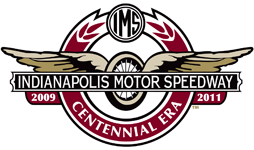CHEVY NSCS AT THE BRICKYARD: Jeff Gordon Press Conference Transcript
Are you a die-hard NASCAR fan? Follow every lap, every pit stop, every storyline? We're looking for fellow enthusiasts to share insights, race recaps, hot takes, or behind-the-scenes knowledge with our readers. Click Here to apply!
The views and opinions expressed in this article are those of the author and do not necessarily reflect the official policy or position of SpeedwayMedia.com
NASCAR Cup Series
NASCAR Xfinity Series
NASCAR Craftsman Truck Series






